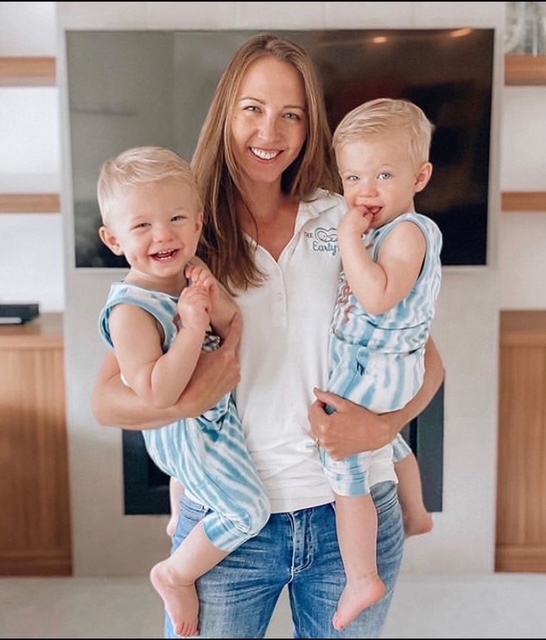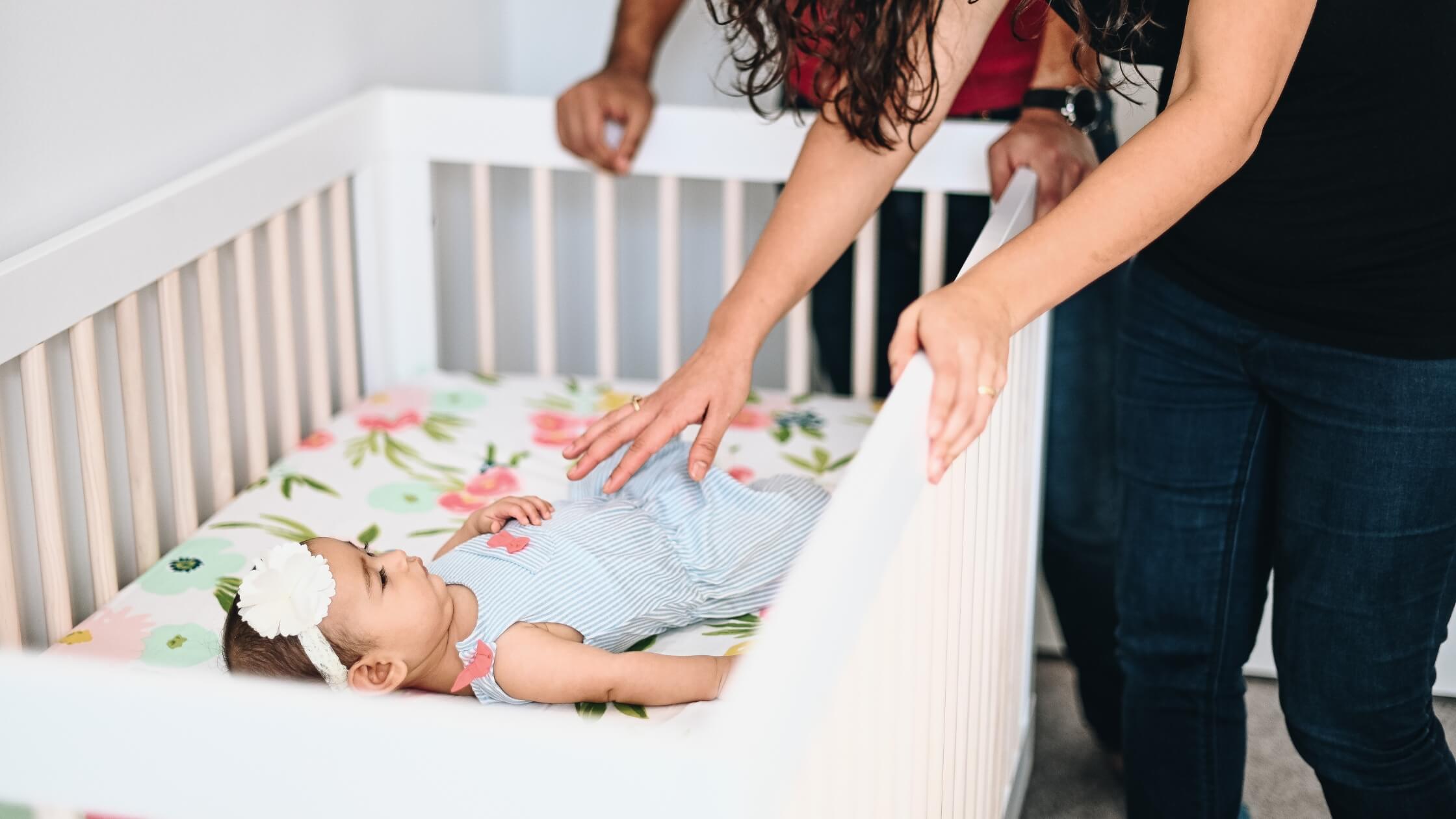As a new parent, one of the most precious yet challenging aspects of early parenthood is ensuring that your child gets enough sleep. A contact nap is a period of sleep in which the child is constantly being held by the parent or caregiver. Contact naps are about the only naps that your child can take in the first few hours and days after birth, however, as time goes on, it becomes easier for them to self-soothe and more routine for them to sleep on their own. In today’s blog, we’re going to talk about recognizing the signs that your child may be ready to start transitioning into more independent solo naps and allow you to be able to have some free time back as they sleep. Let us know in the comments if you have any wisdom or experiences to share in this department!
I Saw The Sign: What Indicators To Look Out For
Increased Awareness And Exploratory Activity
Your baby will naturally become more aware and curious of their surroundings over time. If they show signs of resisting a contact nap or are easily distracted during this time, then it may be a sign that they are ready to transition to the next sleep environment. I hear this often: “even when we try to help our baby to sleep, it just seems like he/she isn’t comfortable on us anymore”.
Longer Overnight Sleep Stretches
If baby is (mercifully) sleeping longer at night, then they are getting into their more fully developed sleep cycles. They could be ready to sleep solo during the day if you notice they are sleeping for longer stretches at night.
Development Cues
If your baby is between 4 and 6 months old, then they should be reaching physical developmental milestones like rolling over, sitting up, and being generally more physically aware and active. This can be an indicator that they are feeling more comfortable on their own instead of being constantly held by someone.
Nap Shortening
If you are noticing that their naps in their current “full contact” form are getting shorter, then they may be itching for a bit of independence. After they fall asleep, try putting them down in their bassinet or crib for the remainder of the nap. They may sleep longer and be more rested!
Keep In Mind
Every baby is different! They may not show all of the signs at the same time or in the same order. Just be patient and watch out for your own child’s individual needs and expectations and you will be on the right track.
Before You Go
We hope you enjoyed learning about tips for avoiding contact naps each day. If you would like to know more about this, our sleep learning, consulting or training programs or any of our excellent newborn care services, we are happy to help. Just contact us and we can go over your options and help you find the best path for your little one.
We hope these tips have helped you along your journey. If you have any questions about helping your baby to sleep better, or about your baby in general, please reach out to us HERE. We are experts in all things baby and sleep and would love to help!
About The Author: 💤Katie Bishop | The Early Weeks 💤
✅ Certified Master Pediatric Sleep Consultant
✅ Board Certified Holistic Healthcare Practitioner
✅ Advanced Newborn Care Specialist

![]()
